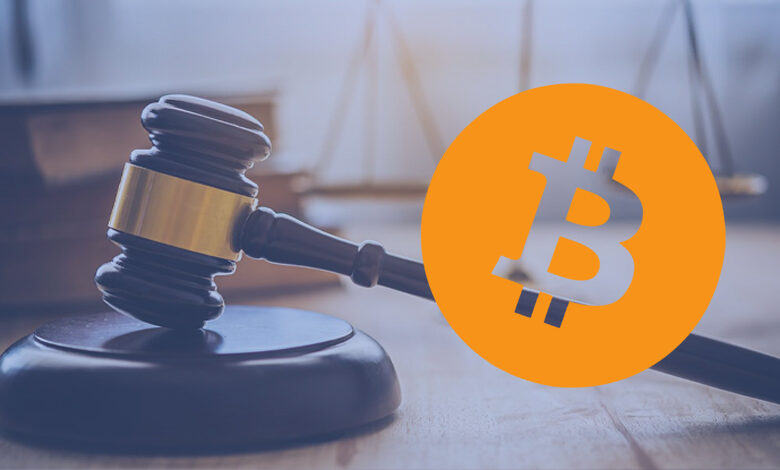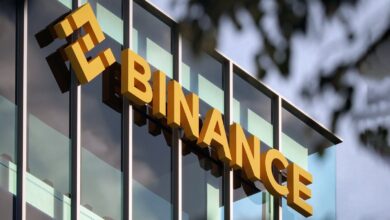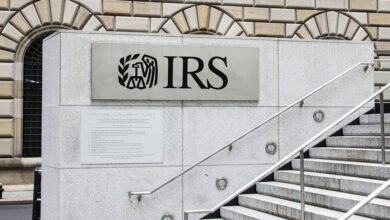Blockchain Association Criticizes IRS Broker Rule Under Paperwork Reduction Act

The Blockchain Association has submitted a comment letter under the Paperwork Reduction Act (PRA) in response to the IRS‘s proposed broker rule. The association argues that finalizing the rule, which would require the submission of over 8 billion forms, contradicts the principles of the PRA.
Marisa Tashman Coppel, a representative of the Blockchain Association, emphasizes that the PRA aims to protect the public from excessive regulatory burdens related to obtaining information from federal agencies.
According to the association, the IRS’s proposed broker rule fails to minimize the burden on brokers as required by the PRA. The association points out that the IRS’s assumption of 30 minutes per form would result in four billion burden hours, significantly increasing the overall paperwork imposed by the U.S. federal government.
Regarding the financial implications, the IRS estimates the cost per form completion at $63.53 per hour. Therefore, the total cost of complying with the rule, estimated at over 4 billion hours, would exceed $254 billion. This cost is substantially higher than the potential tax revenue, even if all global crypto revenue were taxed at the highest rate, creating a disparity of around $10 billion.
The Blockchain Association contends that spending $254 billion to address a $10 billion gap is unreasonable. Marisa Tashman Coppel argues that the proposed rule and the associated Form 1099-DA do not adequately meet the requirements of the PRA, underestimating the time and financial constraints imposed on brokers.
In related developments, the IRS recently introduced an early version of Form 1099-DA for reporting cryptocurrency transactions, aiming to enhance tax compliance for brokers and customers involved in virtual assets.





